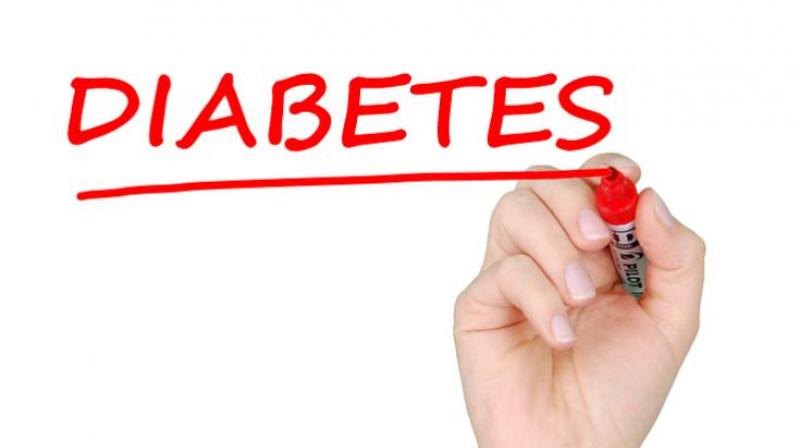Needle-free revolution to alter diabetes treatment
Oral insulins in clinical trial stage have potential to change the way diabetes will be treated in the coming decade Dr Yash Pal Munjal.

KOCHI: With diabetes assuming the form of a major epidemic, registering two deaths in every eight seconds, the focus of the Day-3 of the 74th annual conference of the Association of Physicians of India (API), APICON 2019, was on it.
"Many exciting treatment options for diabetes are under evaluation, which can change the way diabetes is being treated,” said Dr Yash Pal Munjal, director, Physicians Rese-arch Foundation and past president of API.
"World is heading towards newer non-invasive tools for treatment, a needle-free revolution to replace finger pricking, artificial pancreas and a plethora of new approaches to pancreatic replacement including stem cell derived from beta cells."
“Recent advances have revolutionised monitoring devices to long-acting injectable and oral anti-diabetes drugs (OADs). Newer insulin-like Glargi-ne U-300 with a slower and more constant rate of absorption, inhaled insulin, oral insulin and smart insulin patches are some of the front runners in treatment,” he added.
“The absorption of inhaled insulin is as rapid as subcutaneously injected rapid-acting insulin and more rapid than regular human insulin. Effe-ctive oral insulins are now in the clinical trial stage, but these candidates do have the potential to change the way diabetes will be treated in the coming decade,” Dr Yash Pal Munjal further said.
“The smart insulin patch with its inbuilt glucose sensor mechanism to access glucose level and an insulin delivery device which releases insulin based on information avoids both hypoglycaemia dips and hyperglycaemia peaks,” he added.
Explaining the basic design of artificial bionic pancreas, he said that the device is dual-chambered with two separate pumps for delivering both insulin and glucagon. It has a continuous glucose monitor (CGM) and a control algorithm built into an iPhone app. ‘The bihormonal "bionic pancreas" continues to perform well in clinical trials and could reach the US market by 2019," he said.
